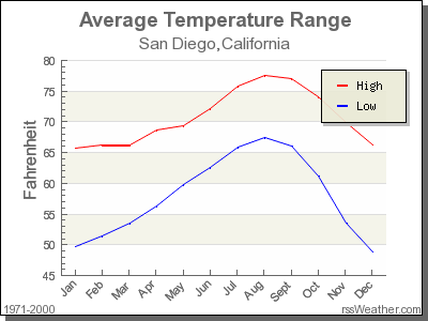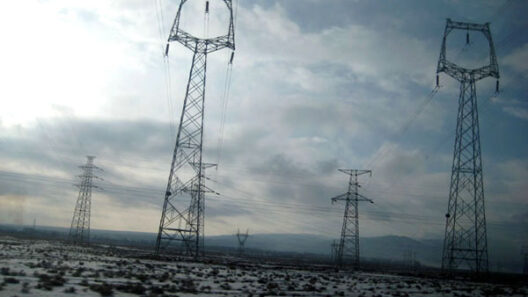Global warming represents one of the most pressing issues of our time, eliciting a myriad of powerful questions that challenge our understanding, induce inquiry, and provoke action. As the planet warms due to human activities, particularly the burning of fossil fuels, it is imperative to contemplate the ramifications of such unprecedented climate change. This discourse will unravel compelling questions regarding global warming that not only reflect a common obsession with the phenomenon but also delve deeper into the wisdom we can glean from this dilemma.
What are the primary drivers of global warming, and how do they interact within the Earth’s climate system? This inquiry highlights the intricate dynamics between greenhouse gas emissions, deforestation, and industrial processes. Carbon dioxide, methane, and nitrous oxide are the principal culprits, forming a heat-trapping blanket around our planet. The interrelations among these gases and their sources, including agriculture, transportation, and fossil fuel extraction, present a complex tapestry of causation that warrants thorough investigation.
Secondly, one must ponder: How do the effects of global warming manifest across different ecosystems? The repercussions are far-reaching and can be observed in the polar ice caps’ retreat, rising sea levels, and alterations to precipitation patterns. Coral reefs, often dubbed the rainforests of the sea, are imperiled by ocean warming and acidification, revealing the fragility of marine biodiversity. The polar bears, emblematic of climate change, struggle to find stable hunting grounds as the Arctic ice diminishes. These tangible impacts engender a vivid illustration of the delicate balance that sustains life on Earth.
Another critical question revolves around the socio-economic disparities inherent in the climate crisis: Who bears the brunt of global warming? Vulnerable populations in developing nations are disproportionately affected, despite contributing the least to greenhouse gas emissions. This imbalance emphasizes the moral imperative to address climate injustices, as the affluent have historically been the primary contributors to carbon pollution. By evaluating the nexus between poverty, access to resources, and climate resilience, the importance of inclusive climate action becomes evident.
Further, one must inquire: How do political frameworks affect the efficacy of climate policy? The intersection of politics and environmentalism reveals a contentious battleground where science often collides with vested interests. The negotiation process in international agreements, such as the Paris Accord, demonstrates both the potential for collective action and the challenges posed by nationalistic agendas. The effectiveness of climate policies is frequently undermined by political inertia, making it crucial to understand the motivations and barriers that impede progress.
What role does technology play in combating global warming? Modern innovations offer a panoply of solutions, ranging from renewable energy sources like solar and wind to carbon capture and storage techniques. Examining the promise of green technologies provides insights into not only mitigating existing emissions but also transitioning towards a sustainable future. The emergence of electric vehicles and advancements in battery storage technology showcase humanity’s ingenuity and our capacity to forge a path away from fossil fuel dependence.
Moreover, we must contemplate: Can individual actions meaningfully contribute to the collective fight against global warming? Personal choices, such as reducing meat consumption, minimizing waste, and advocating for sustainable practices, resonate at both micro and macro levels. Empowering individuals to take action can create a ripple effect that encompasses communities, ultimately transforming societal norms and expectations. The cumulative impact of numerous conscientious decisions can indeed lead to significant reductions in carbon footprints.
Equally important is the inquiry regarding the role of education in shaping the discourse on climate change. How can knowledge empower future generations to confront global warming effectively? Educational systems must be reformed to include comprehensive climate education, fostering a culture of environmental stewardship. By nurturing critical thinking and ecological literacy, societies can cultivate a generation adept at addressing the challenges posed by climate change. The responsibility of educating youth about these pressing issues cannot be overstated.
Furthermore, we should ask ourselves: What are the psychological barriers that prevent individuals and societies from addressing climate change? Cognitive biases, such as optimism bias and the distance effect, may instigate a false sense of security regarding the severity of climate threats. Understanding these psychological mechanisms is integral to formulating effective outreach programs that motivate action. Fostering an emotional connection to environmental issues through storytelling and tangible experiences can enhance the public’s engagement with climate activism.
As we navigate these compelling questions surrounding global warming, we inevitably return to our underlying fascination with the world we inhabit. The complex interplay between human behavior and the environment serves as a poignant reminder of our collective responsibility. In unraveling these powerful inquiries, we not only illuminate the intricacies of global warming but also cultivate a profound understanding of the challenges and opportunities ahead. The answers we seek will define our legacy in safeguarding the planet for future generations, shaping a sustainable reality built on cooperation, innovation, and unwavering resolve.








